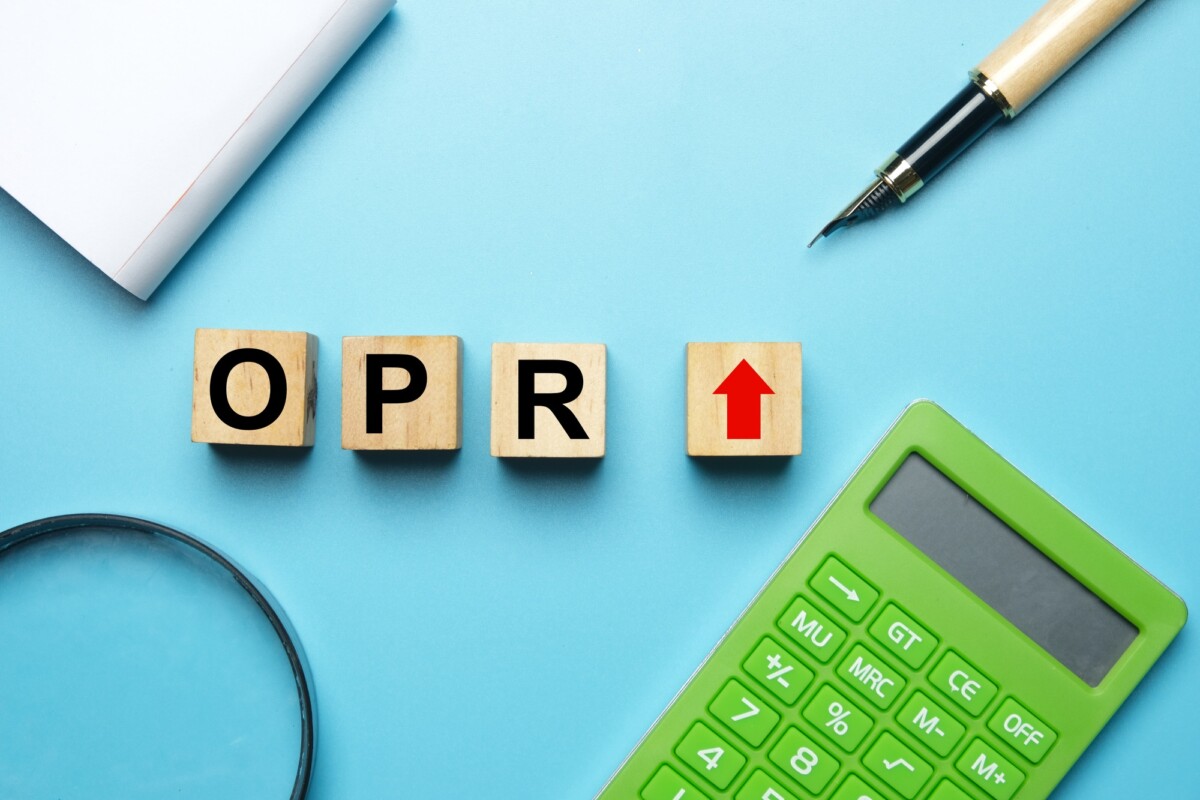What Does Life Insurance Cover? Find Out Now
Life insurance is one of those topics that we have all heard of or come across at some point in our lives. In fact, a 2020 study carried out in the U.S shows that 54% of the general populace had one type of life insurance or the other. If you are among those, who aren’t sure about what life insurance covers, this article is for you.
Meaning Of Life Insurance
Life insurance is the arrangement an insured person (simply called the insured or policyholder) makes with an insurance company (insurer) that pays out some amount of money (death benefits) to the specified beneficiaries: upon the death of the insured or, at an agreed time. The insured makes premium payments when they are alive to the insurer who keeps to the agreement upon the insured’s death, but only if they die by natural causes like stroke, cancer, etc., or by accident (fire, drug overdose, in-car wreck, etc.) There are some insurance policies that payout if the death was a suicide, but there’s usually a specified space from when the contract was signed to the time of death.
What Life Insurance Covers
The exact details of what your life insurance covers will be spelled out based on the type you are going for and the particular company handling the contract. But in general, if you die within the period of your insurance term, it covers any of the agreed specifications that the death benefits can be used on, like your family’s living expenses, taking care of a beneficiary’s college fund, or even settling an outstanding mortgage. Wondering how? We will discuss this later on in this article.
On the other hand, the death benefits will not be paid under circumstances of death within the contestability period (the first 2years of the signed policy when the insurer reviews and checks your application for possible inaccuracies), unrenewed expired policy, fraud, or any other form of criminal activity that lead to death.
Types Of Life Insurance
Right now, there are two basic types of life insurance: term and permanent life insurances.
● Term life insurance
This covers a person’s insurance for just a certain period. The most common length of time falls between the range of ten to thirty years, with the insured making the same premium payments while the policy lasts. If the term expires before the insured dies, it can be renewed but at an increased rate. If not, the beneficiary can claim the death benefits that can be used for anything they desire. It can also settle any outstanding mortgage that you intend to have taken care of even after you’ve passed on if the amount used to get the insurance is up to the mortgage debt.
● Permanent life insurance
As the name implies, permanent life insurance lasts throughout the insured’s lifetime. It costs a lot more than term life insurance but includes other benefits for policyholders aside from the death benefit for beneficiaries. One of which includes: the ability to borrow against the policy’s built-up cash value. Cash value is the money that grows inside a permanent life insurance policy that an insured can access at any time. The insurer loans it out to the insured because it’s not part of the death benefit, but as most permanent life insurance contracts dictate, the insured can make use of it while they are alive, although they will still have to pay it back.
There are subcategories of permanent life insurance. They include Whole life insurance, Universal life insurance, Burial insurance, and Survivorship life insurance.
Factors Influencing The Cost Of Life Insurance
Health
For a person who is frequently falling ill, prone to serious medical conditions, or has a family history of such, the insurance company uses this as one of the determinants for a higher life insurance premium charge.
Age
The elderly have more expensive insurance policies because they are more likely to be down with terminal medical conditions.
Occupation or lifestyle
People who work in hazardous environments normally engage in risky hobbies and activities also get more expensive premiums to pay because of the increased risk of it leading them to an early grave.
Type/Duration
The type of life insurance you go for will determine the cost, and the same goes for the duration. The longer the term of your life insurance policy, the higher your premium charge may be.
Who Needs To Be Insured?
Everyone who has someone they might be leaving behind, or some debt they will want to settle when they die, should be insured. But in reality, it is quite understandable that individual circumstances determine whether or not people get their lives insured or not. However, if there are people who will need financial assistance when you pass on, and if you are earning enough to afford it, then you should get your life insured.




